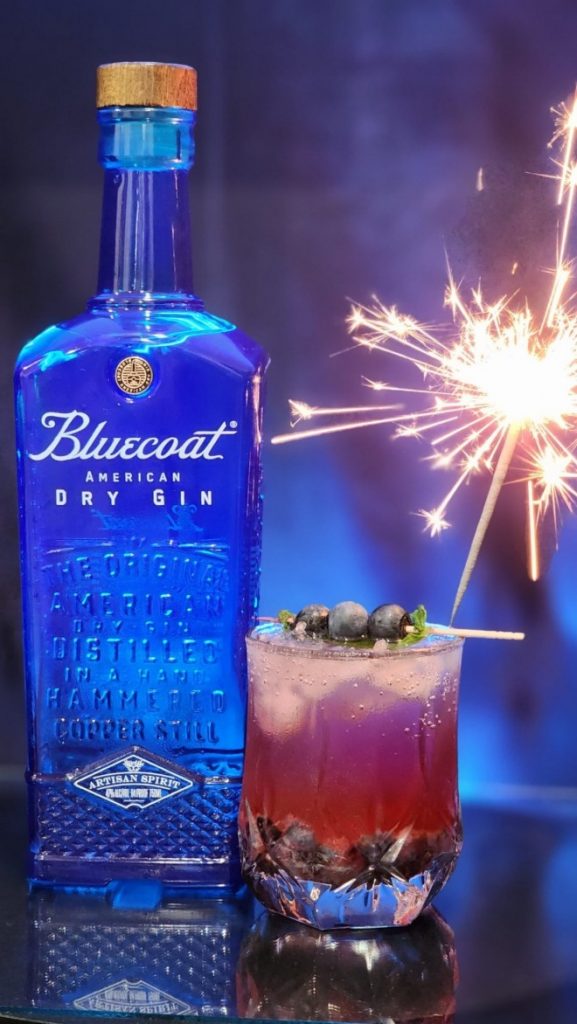
The recent declaration by Mirriam of “authentic” as the word of the year for 2023 resonates deeply with me, especially in the context of my agency’s foundational principle. We’ve always believed that authentic outcomes emerge from systems built on trust. This philosophy is more relevant than ever in today’s society, where trust is in a precarious state and authenticity is often in question.
In the realm of AI, like ChatGPT, and platforms that attempt to “force” authenticity, such as BeReal, we see the complexities of distinguishing what’s real from what’s not. As a marketer, this blurring of lines intrigues me. It challenges our inherent ability to detect falsehoods, necessitating a stronger ‘BS Meter’ to navigate an increasingly complex digital landscape.
For over a decade, I’ve noticed a shift in the marketing world, particularly in influencer marketing. The problem isn’t just about brands and influencers but also about understanding what authenticity really means. Being authentic is fundamentally different from just appearing to be authentic. This is where the concept of creative freedom becomes crucial.
At my agency, ApexDrop, we embody the principle that “being authentic and looking authentic are opposites.” “Selling out” is not as much about taking the money; it’s about whether you did what you were told or did what you truly loved. The only person who knows this truth is the content creator or artist. The problem with authenticity in influencer marketing typically stems from when a brand wants to be too involved in the creative process, wether by providing too many guidelines or performing blatant censorship. We describe this as “brands needing to stay behind the looking glass” during our influencer product testing campaigns. The more involved a brand is with an influencer’s honest opinion of their product, the less likely a truly authentic outcome is possible. We don’t blame brands for wanting “perfect” reviews, but there is nothing more fake than some overzealous influencer holding a product with the label facing the camera and giving their fans a promo code to buy it with.
At ApexDrop, we’re proud of not achieving a 100% post rate. This means that not every person who gets a product will post about it publicly. We’re also proud that most of the posts that the product testers produce are not “on brand” enough to be reused by our clients. To us, the pursuit of perfection, tempered by the acceptance of flaws, is the key. We strive for excellence but embrace imperfections. This approach aligns with our ‘flawed but worth it’ principle. We don’t appreciate art because it’s perfect; we value it because it’s meaningful. We know that if our systems are built on principles of creative freedom and inspiration rather than pressure and payment, over time there will be plenty of beautiful surprises to enjoy.
The selection of “authentic” as the word of the year is more than just a linguistic trend; it’s a call to action. It signals the need to reassess the balance between innovation and the timeless values of trust, honesty, and authenticity. In a world increasingly shaped by digital interactions, we must navigate these complexities to cultivate a culture where authenticity isn’t just a buzzword but a core value. This means fostering environments where creative freedom is paramount and authenticity is a natural outcome, not an enforced standard. As we move forward, let’s embrace this opportunity to reinforce these principles in every aspect of our society, from technology to marketing, and in our daily interactions.